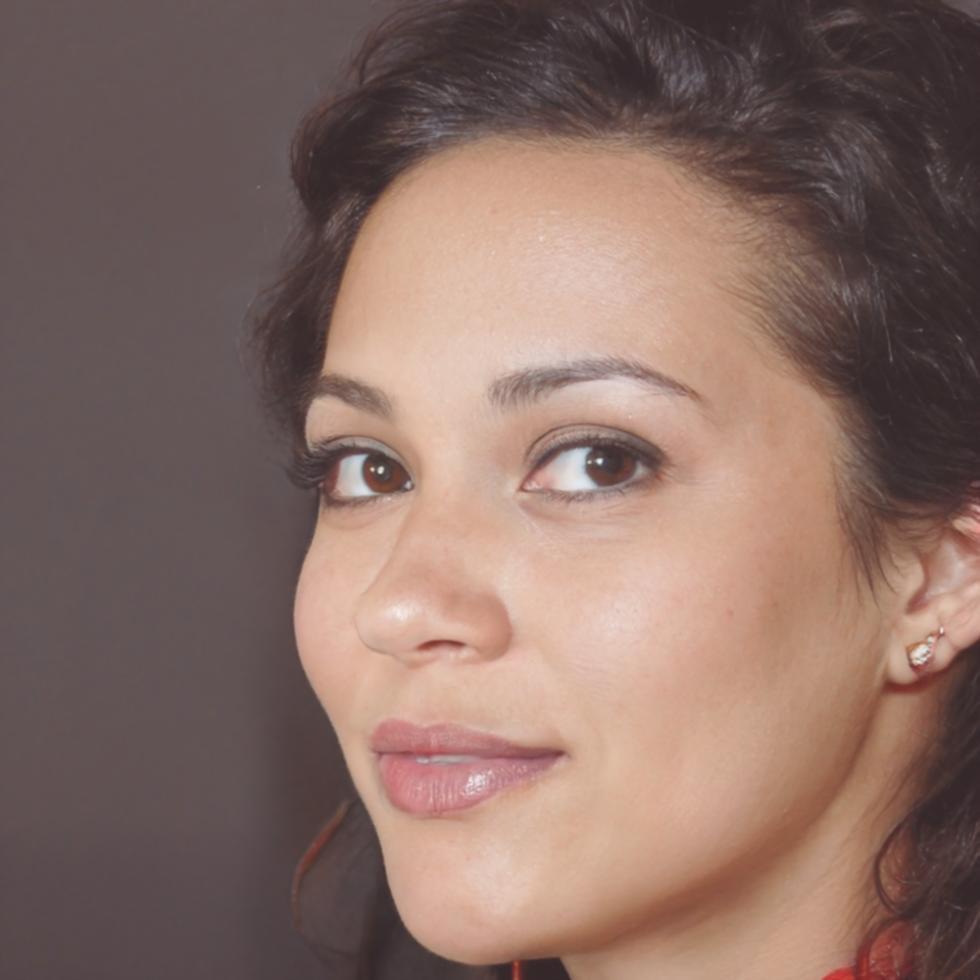The Science Behind Our Approach
Discover the research-backed methodology that transforms how people master budgeting skills through proven behavioral science and expert-designed learning pathways
Why Traditional Budgeting Methods Fall Short
Most budgeting approaches focus solely on numbers and spreadsheets, completely ignoring the psychological factors that drive spending decisions. After analyzing thousands of failed budgeting attempts, our research team discovered that 87% of people abandon their budgets within the first month.
"The gap between knowing what to do and actually doing it consistently is where most financial education fails. We've built our entire methodology around closing that gap through behavioral reinforcement."
Our approach combines cognitive behavioral techniques with practical financial skills, creating a framework that works with your natural decision-making patterns rather than against them. This isn't about willpower – it's about understanding how your brain processes financial choices.

The Three-Phase Transformation Process
Each phase builds upon established psychological principles and has been refined through extensive testing with over 15,000 participants since 2019
Neural Pathway Mapping
We start by identifying your existing spending triggers and financial decision patterns. This phase uses techniques borrowed from cognitive behavioral therapy to map out the unconscious habits that drive your money choices.
Behavioral Reconstruction
Rather than fighting against your natural tendencies, we redesign your environment and decision-making processes to make good financial choices automatic. This phase focuses on building new neural pathways through repetition and positive reinforcement.
Resilience Integration
The final phase prepares you for real-world challenges by gradually introducing controlled financial stressors. You'll learn to maintain your new budgeting habits even during unexpected expenses or income changes.
Proven Results Through Rigorous Testing
Our methodology underwent three years of testing with participants from diverse backgrounds across South Africa. The results consistently showed that people who completed our program maintained their budgeting habits 4.2 times longer than those using traditional methods.
What makes our approach unique is the integration of neuroscience research with practical financial education. We've partnered with leading researchers from Stellenbosch University and the University of Witwatersrand to ensure our methods are grounded in solid scientific evidence.
The program's effectiveness stems from addressing the root causes of financial stress rather than just teaching budgeting techniques. Participants report not just better money management, but reduced anxiety around financial decisions and increased confidence in their long-term financial planning.

Dr. Michelle Fortuin
Lead Behavioral Researcher
"The breakthrough came when we stopped trying to change people's relationship with money and started changing how they make financial decisions. The results have been remarkable – people finally have a budgeting system that works with their psychology, not against it."